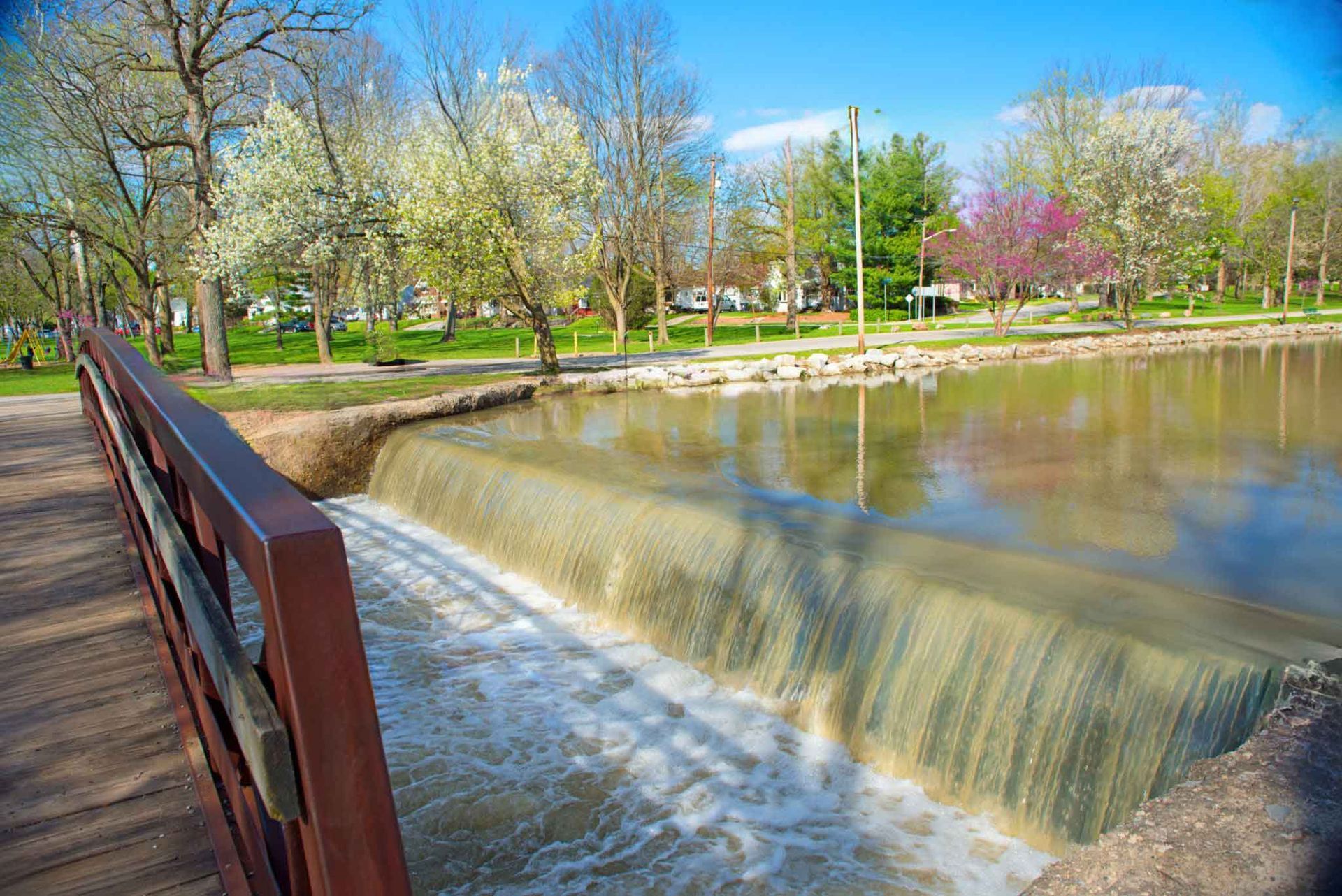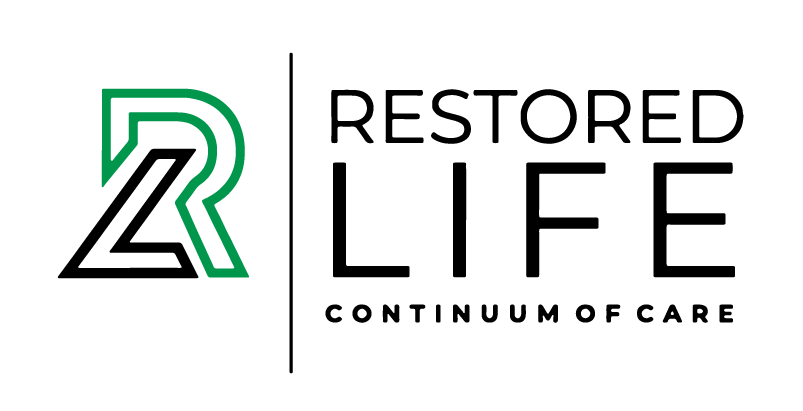Overcoming Stigma: Embracing Mental Health in Addiction Recovery
Redefining Recovery: Breaking Down the Barriers of Stigma

In this empowering article, we explore the crucial intersection of mental health and addiction recovery. At Restored Life Continuum of Care, we believe in shattering the chains of stigma and embracing mental well-being as an integral part of the transformative journey to sustainable sobriety.
The Hidden Burden of Stigma
Stigma surrounding addiction and mental health can create barriers to seeking help. In this section, we shed light on the negative impact of stigma on individuals, families, and communities, emphasizing the need for an open and supportive dialogue.
Embracing Dual Diagnosis: Addressing Mental Health and Addiction Together
Dual diagnosis, the co-occurrence of addiction and mental health disorders, is common yet often overlooked. We delve into the importance of treating both conditions simultaneously for effective and lasting recovery.
The Healing Power of Compassionate Care
At Restored Life, we provide compassionate care, creating a safe space for individuals to share their experiences without judgment. Our team fosters understanding, empathy, and support, breaking the cycle of stigma that can hinder healing.
Challenging the Stigma: Empowering Our Community
We encourage individuals in recovery to challenge stigma by embracing their stories and advocating for change. Kokomo, Indiana, becomes a catalyst for transforming perceptions, promoting open conversations, and fostering a stigma-free environment.
The Role of Mental Health Services
Restored Life offers integrated mental health services as part of our comprehensive addiction recovery program. Through counseling, therapy, and support groups, we address the psychological aspects of addiction, promoting holistic healing.
Creating a Supportive Network
Our tight-knit community in Kokomo stands as a united force against stigma, offering acceptance and encouragement to everyone in their recovery journey. Together, we forge connections and uplift each other on the path to wellness.
By understanding the impact of stigma on addiction recovery and embracing mental health as an integral part of our approach, Restored Life Continuum of Care redefines recovery. We extend a warm invitation to all seeking transformative healing in a compassionate, judgment-free space.
Frequently Asked Questions (FAQs)
1. How does stigma affect addiction recovery?
Stigma can lead to shame and isolation, discouraging individuals from seeking help and hindering their path to recovery.
2. What is dual diagnosis, and why is it important to address both addiction and mental health?
Dual diagnosis refers to the co-occurrence of addiction and mental health disorders. Treating both conditions together is essential for comprehensive healing and preventing relapse.
3. How does Restored Life combat stigma?
At Restored Life, we foster a stigma-free environment where individuals are encouraged to share their stories and receive compassionate care.
4. What mental health services does Restored Life offer?
Our services include counseling, therapy, and support groups that address the psychological aspects of addiction and promote mental well-being.
5. How can I be part of the supportive community at Restored Life in Kokomo, Indiana?
By joining our community, you'll find a network of understanding individuals who uplift and encourage each other throughout their recovery journeys.
Reach out to Restored Life Continuum of Care today and embark on a transformative healing journey that addresses mental health with the utmost compassion and support.











